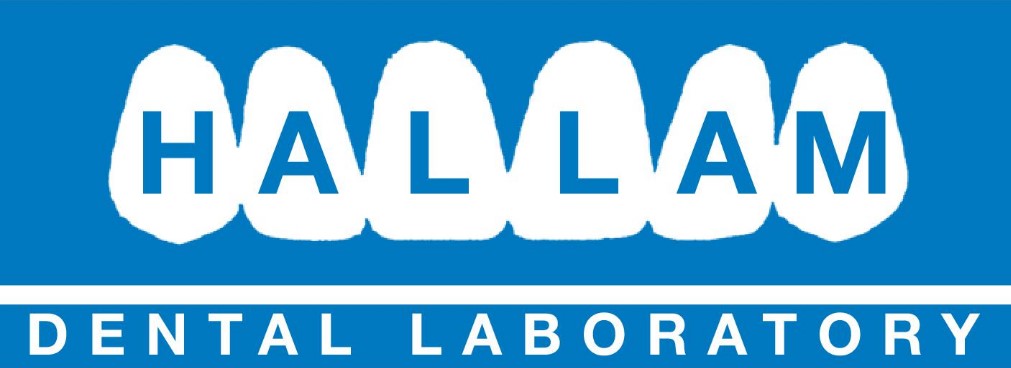What I do best
Full Dentures
Wearing your new denture usually takes a little time to get used to. Don't become discouraged if you find some difficulty at the beginning.
You may be required to have some minor adjustments to fine tune the fit of your new full denture. Some discomfort associated with sore spots during the adjustment period may occur.
It takes a little while for the gum tissues to firm up and accomodate to the hard plastic denture. After a few weeks, you will be more at ease and your gums will have adapted to wearing the new prosthesis.
A lower denture usually takes more time to adjust to than an upper denture. The tongue may feel restricted, but will soon adapt to the new feeling that a full denture presents.
It is important that you wear your dentures every day, when out of the mouth the dentures should be kept in water to prevent drying out and warpage.
Try to eat only soft foods for the first couple of days. Then, as you progress to more solid foods try to eat slowly and deliberately, attempting to place even amounts of food on both sides of the mouth at the same time during the chewing cycle.
This balances the biting forces on the new dentures and will help make it more stable.
Reading aloud during the first couple of days will go a long way in reducing any minor speech problems which may result from wearing the new dentures.
Partial Dentures
An important step in maintaining a healthy smile is to replace missing teeth. When teeth are missing, the remaining ones can change position, drifting into the surrounding space.
Teeth that are out of position can damage tissues in the mouth. In addition, it may be difficult to clean thoroughly between crooked teeth. As a result, you run the risk of tooth decay and periodontal (gum) disease, which can lead to the loss of additional teeth.
A removable partial denture fills in the space created by missing teeth and fills out your smile. A denture helps you to properly chew food, a difficult task when you are missing teeth.
In addition, a denture may improve speech and provide support for the lips and cheeks. For the first few weeks, your new partial denture may feel awkward or bulky. However, your mouth will eventually become accustomed to wearing it.
Inserting and removing the denture will require some practice. Your denture should fit into place with relative ease. Never force the partial denture into position by biting down. This could bend or break the clasps.
Replacing missing teeth should make eating a more pleasant experience. Start out by eating soft foods that are cut into small pieces. Chew on both sides of the mouth to keep even pressure on the denture.
Avoid foods that are extremely sticky or hard. You may want to avoid chewing gum while you adjust to the denture.
Brushing twice a day and cleaning between your teeth daily help prevent tooth decay and gum disease that can lead to tooth loss. Pay special attention to cleaning teeth that fit under the denture's metal clasps. Plaque that becomes trapped under the clasps will increase the risk of tooth decay.
Selecting a balanced diet for proper nutrition is also important.
Mouthguards
Mouthguards are an important piece of protective face gear that should be worn during any recreational sport that might injure the mouth area, especially to the teeth, lips, cheeks and tongue.
Mouthguards also protect against head and neck injuries by cusioning blows that might otherwise cause concussion or jaw fractures.
Like any other sport equipment, mouthguards can wear out, get lost or deteriorate over time. After each use, clean your mouthguard in cold water and rinse thoroughly. Check the mouthguard from time to time to see if it needs replacment.
Tears and perforations can irritate the teeth and soft tissues. Changes in tooth position and jaw size will also require changes in the mouthguard or possibly a new one. You should not wear any removable prosthesis, like orthodontic appliances, removable bridges, complete or partial dentures while participating in contact sports, the mouthguard will be constructed with these out of the mouth.
Dental Laboratory
Servicing selected local dental practitioners in all prosthetic and orthodontic services.
